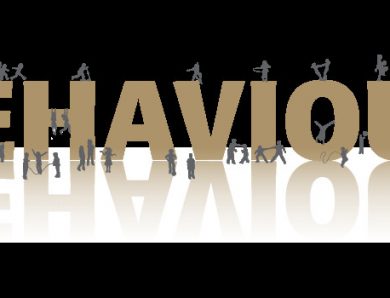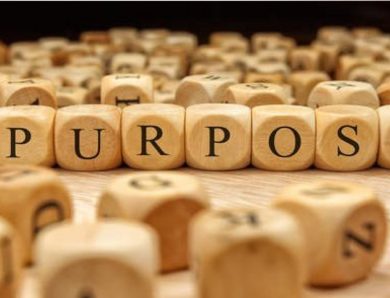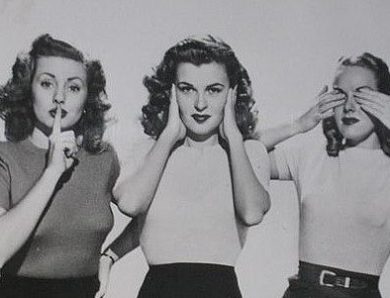
- 0
- 0
-
The impact on organisations
The impact on society will undoubtedly change the way we work, at least in the short term. Organisations who cannot (or are too slow to) adapt, risk being left behind. These changes also affect the relationship between organisation and individual, with vast swathes of people looking to their companies, societies and institutions to support and engage them in new ways.
Firstly, working days will likely become less defined as we increasingly work from home. In the same way, as we can’t help – and often welcome – disruptions from children, pets or household chores, we may find that work invades our free time. The time we claw back from not having to commute will be reclaimed by the ‘always on’ nature of future work, resulting in work and home life being interwoven, the result of which may well be longer days and less ‘off’ time.
Individual preference for working styles will also be a factor. In the same way as ‘introverts’ have been distracted by noisy, bustling office environments, ‘extraverts’ will likely be missing the dynamism and buzz of conventional work.
Communications teams will be affected as the same comms channels (email, Zoom) are being squeezed. Learning & Development teams will be finding out that conventional knowledge transfer is unlikely to exist in its former guise. With limitations around real-life collaboration, we’re unlikely to learn from each other in the same way.
Work relationships will suffer; with serendipitous collaboration, over-the-desk chats and coffee-area gossip being seriously curtailed. Many will argue that’s a good thing for productivity, but a poorer one for a sense of team spirit, fun and enjoyment at work.
Lastly, the management model will need to change to adapt to the new world. Many global businesses still adopt a highly top-down management style. Requirements such as having to punch in and out for work, with bonuses and KPIs tied closely to attendance will be shocked into reality – that the notion of trust and control will have to be carefully managed.
What we can do about it – nine top tips:
- Focus on you and your team’s mental and physical health. Wellbeing teams will have to make sure that these skills are a fundamental part of each manager’s toolkit. The organisation now has a duty to make sure the team are physically, mentally and emotionally well, by offering support, regular chats, time to exercise and broken-up working day. Or as US House Speaker Nancy Pelosi put it this week: “recreation and re-creation are the same thing”.
- Resource people properly. They’ll need a proper desk setup, laptops and phones, access to file sharing, video communications and collaboration tools. You may need to re-shape IT, H&S and HR policies to do so, but make sure your teams are properly equipped to work remotely.
- Make it fun. With lower levels of social collaboration, work can seem very… dry. Create time for informal chats, celebrations and fun – in meetings, roadshows, conferences and training.
- Keep your messaging tight. With any chaotic event, maintaining organisational values and goals is hard. Keep re-stating the why of the organisation, reminding them and thanking them for doing meaningful work.
- Follow strict meeting guidelines. Firstly, don’t over-invite people to meetings; give them the opportunity to say ‘no’ and limit them to those people that really need to be there. Send recordings to the rest. Have sharp agendas and clear boundaries (i.e. nobody should speak for more than 60 seconds). Make sure you close them out with clear outcomes and responsible people.
- Create a buddy programme. Knowing that the most effective ways that people learn (i.e. on the job, with people) will be impacted, why not create a less formal ‘buddy’ programme. With clearly defined roles that are linked to performance ambitions, people can learn from each other with regularly scheduled catch-ups.
- Trust people. With less clearly defined organisational structures, you may need to leverage a more matrix-style organisational design. This means less control, more delegation, letting people play to their strengths and getting out of their way.
- Set clear, regular boundaries. Early and often. Clarity in expectation setting requires a particular set of skills and will be key in maintaining morale, productivity and momentum. With the lack of formal performance management systems like appraisals, clear goal-setting can take away a lot of performance issues.
- Don’t forget about people. Especially when people aren’t visible in the office, the temptation will be to communicate by cascading information from the organisation to many people, by email or video call. But one-to-one is still crucial for maintaining morale and connection. Thank people sincerely, offer help, listen intently and check in on them regularly.
Please remember that people will remember. The role that organisations play in the new world is not only good for the organisation itself, but for society as a whole. Companies that treat people badly, forcing them to bend to their will, have not gone unnoticed. Leaders who do not lead with integrity will be remembered for it… Organisations that are generous, supportive and value their people will also be remembered. And with a shifting balance of power from organisations to people, can you afford to get it wrong?
" displayText='Share'>










